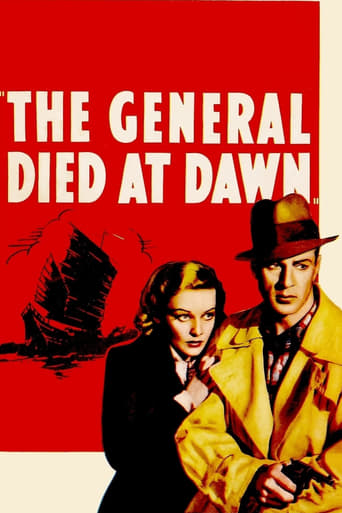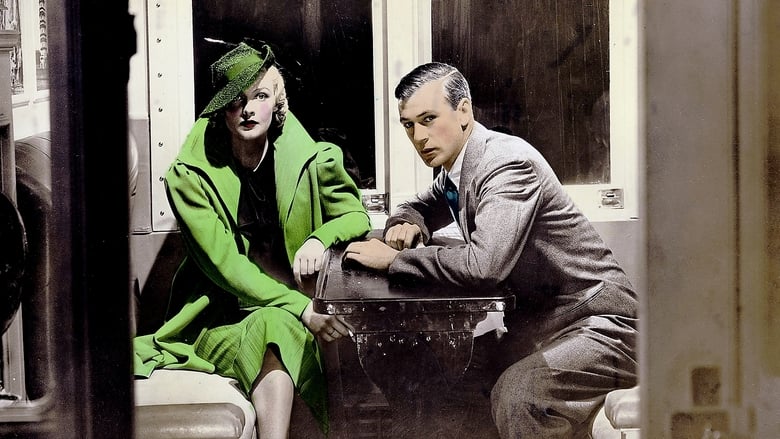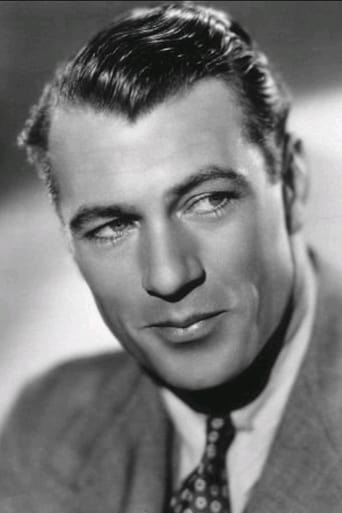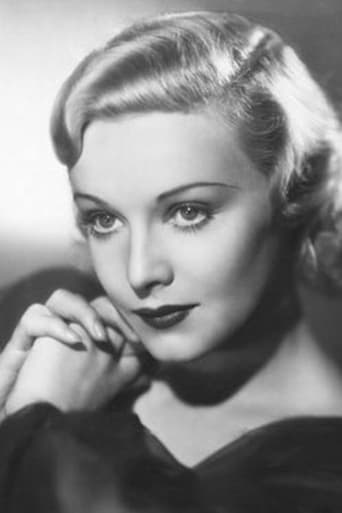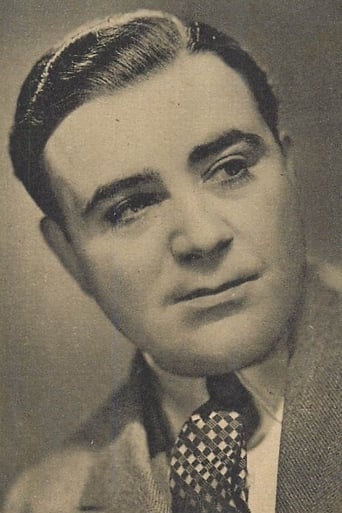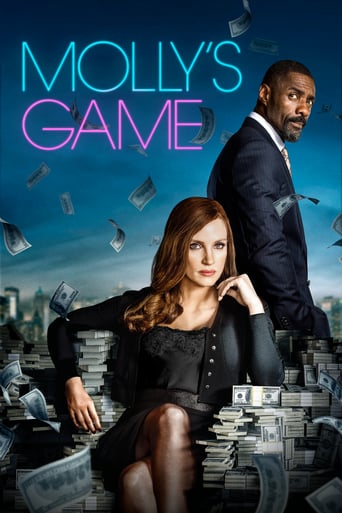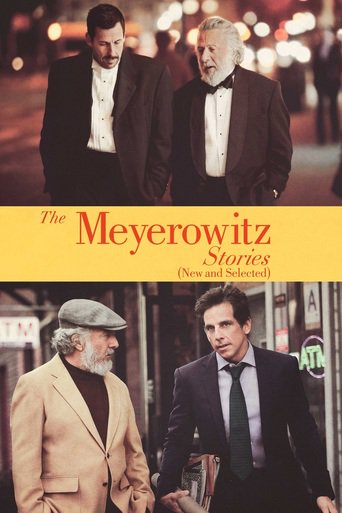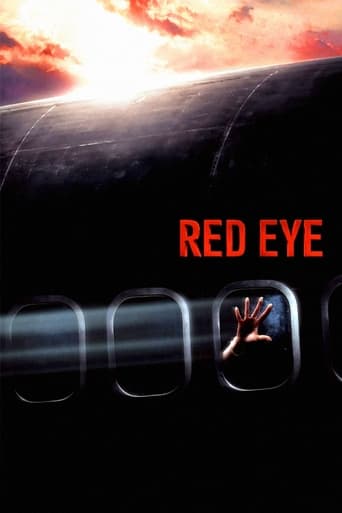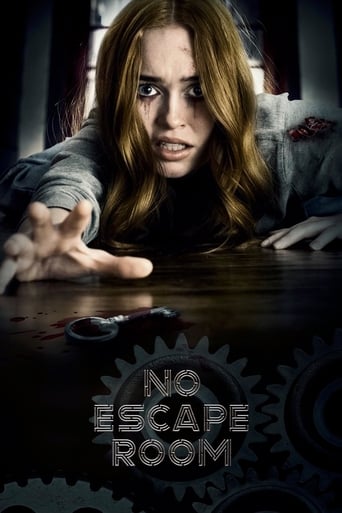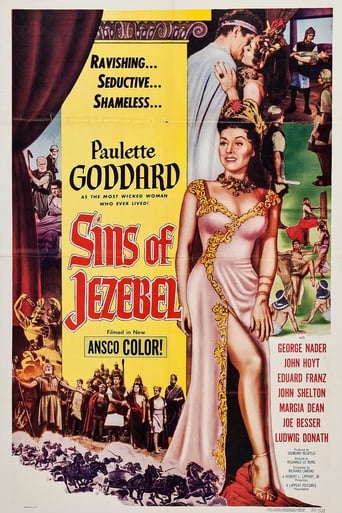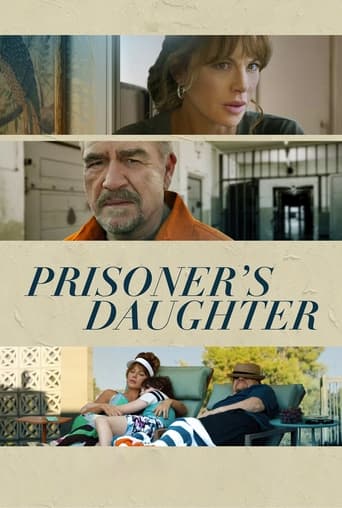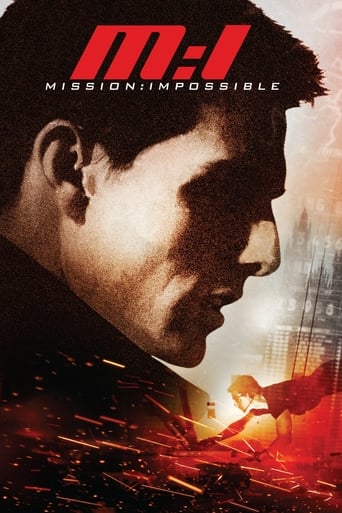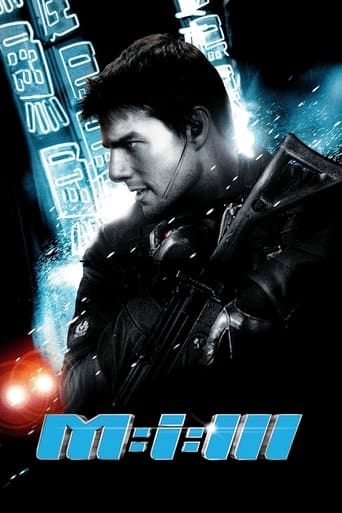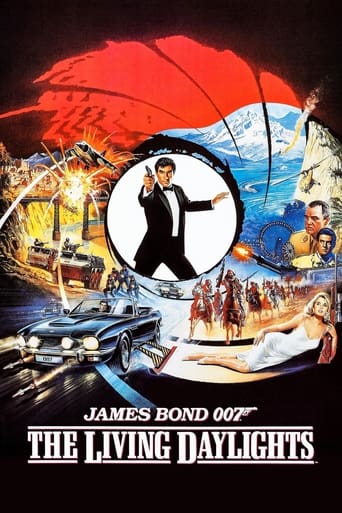The General Died at Dawn (1936)
China, 1930s, during the ravaging civil war. General Pen entrusts O'Hara, an intrepid American adventurer, with the mission of providing a large sum of money to Mr. Wu with the task of buying weapons in Shanghai to help end General Yang's tyranny that keeps an entire province under his ruthless iron boot.
Watch Trailer
Free Trial Channels
Cast


Similar titles
Reviews
Best movie ever!
A lot of fun.
How wonderful it is to see this fine actress carry a film and carry it so beautifully.
The film creates a perfect balance between action and depth of basic needs, in the midst of an infertile atmosphere.
Copyright 4 September 1936 by Paramount Pictures, Inc. New York opening at the Paramount: 2 September 1936. Australian release: 19 December 1936. Sydney opening at the Prince Edward: 19 December 1936 (ran 5 weeks). 98 minutes.SYNOPSIS: The Northern districts of China are being terrorized by the ruthless Chinese bandit chief General Yang. He and his twelve aides hope one day to rule the twelve provinces and subjugate China's millions. O'Hara, an American soldier of fortune, sides with the suppressed peasants, accepting the job of carrying a large sum of money to Shanghai to buy guns for their defense. He is to go to Pengwa, then fly to Shanghai where he is to meet with the loyal Mr Wu and Mr Chen, who are in contact with an American gun-runner named Brighton... Oxford, General Yang's chief aide, makes an attempt on O'Hara's life at Pengwa, but fails. He enlists the services of a cowardly American, Peter Perrie, to help him. Perrie plays on the sympathy of his daughter Judy, inducing her to lure O'Hara aboard a train. NOTES: Number 5 at Australian ticket windows for 1937. Tamiroff was nominated for a prestigious Hollywood award for Best Supporting Actor, losing to Walter Brennan in "Come and Get It". Milner's Cinematography was also Award-nominated, but lost out to Tony Gaudio's "Anthony Adverse". Also losing out were Boris Morros and Werner Janssen, defeated by Korngold's "Anthony Adverse" for Best Score. VIEWERS' GUIDE: Adults.COMMENT: A visual feast created by a master of the cinema, "The General Died at Dawn" is one of the most stylishly accomplished, pictorially exciting films of the 1930's. However, the story is not just an excuse for dazzling set-pieces. It provides wonderful opportunities for the players to shine in well-honed, highly memorable roles. When you think of the dozens of great performances delivered over the years by Akim Tamiroff, for instance, it would normally be a daunting task to select a single portrait that transcends many magnificent others. But fortunately the actor lent his talents to the title role of this movie — which makes selecting the ultimate front-runner easy!The same observation could be applied with equal veracity to other players, such as Porter Hall, William Frawley and J. M. Kerrigan. As for Cooper and Carroll, they make the perfect screen couple!Realized on a no-expense-spared budget, with stunningly imaginative sets, engrossing atmospheric photography, bizarrely off-beat editing, and a weirdly appealing music score, The General Died at Dawn provides thrillingly exotic entertainment in its every powerfully composed frame, its every brilliant stratagem of camera movement, its every breathtakingly novel cut, juxtaposition and dissolve.Formerly available on an excellent Universal DVD.
Well, yes. It certainly is. This 1936 Paramount feature, made and released in an era when Hollywood scriptwriters evidently still believed in the Mystery and Inscrutability of the Orient, has pretty good cinematography (by Victor Milner), a fine musical score (by Boris Morros) and, frankly, not much else. That's a fairly damning assessment for a movie that also happens to star Gary Cooper and the lovely Madeleine Carroll, but even those two were unable to bring this turkey to life. Directed by Lewis Milestone and set in war-torn 1930's China, "The General Died at Dawn" works overtime to be a hard-boiled thriller about gun-running and double-crossing, but it doesn't gel. The movie has great, gaping holes in its narrative line, for starters. Several western actors also do impoverished turns playing Asian characters (including Akim Tamiroff playing Chinese war-lord General Yang, and Dudley Digges as the proprietor of a Shanghai hotel). But the single worst feature of the movie is the howlingly bad, overwrought dialogue supplied courtesy of Clifford Odets. As you watch the movie, you may unwittingly find your lips moving, as you try to memorize the worst phrases that Mr. Odets has penned for these characters to speak. It might, however, be even better for you to keep a pad of paper and pencil beside you as you watch; there are so many bad lines to choose from and they follow so thick and fast, one after the other, that you'll have to write them down just to remember them all. The real problem is that Clifford Odets wrote dialogue that nobody would ever say. Lord knows the actors do their best, and aren't to blame... but what on earth was the studio thinking when it released this? There, now -- doesn't that sound like an inducement to watch this movie? There's sometimes a fascination in watching a truly bad movie (think "Dune" or the Elizabeth Taylor "Cleopatra" or insert your own favorite here: ________________). But "The General Died at Dawn" really doesn't qualify to breathe that rarified air. It's just too cringe-inducing. Don't believe me? Go. Watch. But don't say you weren't warned...
Gary Cooper plays Mr. O'Hara--a mercenary with a heart of gold. It seems that he's carrying money to help fund a revolt against a Chinese warlord, General Yang (Akim Tamirof). However, due to the work of an indifferently written woman (Madeleine Carrol), O'Hara is captured by Yang and the revolution is doomed to fail. It's up to O'Hara to somehow escape, find the money and then pay the arms merchant (William Frawley) so the revolution can commence.In general (bad pun, I know), the film is pretty good. However, Ms. Carroll's character simply made no sense. While she constantly professed that she was a good person, at every turn she behaved otherwise--making her confusing and quite stupid. How she could supposedly care for O'Hara AND betray him to be killed makes no sense at all nor do any of her actions. She is THE big problem with the film--otherwise it's mostly very good. Another problem, though much smaller, is that Dudley Diggs is perhaps the worst cast Chinese character in history. Despite decent makeup, his very, very strong English accent made him laughable--as much as Katharine Hepburn playing a Chinese lady in "Dragon Seed"! As for Cooper, he was cool--playing his heroic macho role extremely well. While it was rare to see a heroic man slap a woman, here it was quite fitting and he carried it off well in macho heroic fashion, he slugged a lot of folks in the movie! Because of this, his professing his love for Carroll at the end really made no sense. And, And, although Akim Tamirof wasn't the least bit Chinese, his General Yang was also quite good--and menacing. In fact, all the production aside from Carroll and Diggs was pretty good and I can see why the film was a success. Of particular note was the very good fake Chinese makeup. Although lots of Anglos had these roles, at least they LOOKED pretty Asian--unlike many other films of the period (such as the Charlie Chan pictures). Reasonably well made and interesting, though far from Cooper's best from this era.By the way, from what I have read about William Frawley in real life, he pretty much played himself in the movie.
The scene in the train where femme fatal Judy Perrie seduces O'Hara is a masterpiece of steamy sensuality. Carroll's silky-smooth alabaster skin and flaxen hair, gorgeously highlighted by her exquisitely outlined lips and eyes, were masterfully exploited by director Lewis Milestone and some extremely skilled cameramen, as her feminine delights proved too much for the otherwise unswervingly steadfast O'Hara. Throughout, the curiously uneven script takes a decided turn for the better, with both participants delivering some highly suggestive verbal exchanges, brimming with innuendo and wit, culminating with O'Hara mockingly asking Judie if he can kiss her, only to receive in return the playful reply that he must first ask her mother. He then looks into the neighboring compartment and makes the request in mock earnestness, for there is no Mrs. Perrie! All the while, the sinister war lord General Yang and his dark forces are preparing to intercept the train, "relieve" O'Hara of the funds he's set to deliver to Mr. Wu for the sole purpose of ridding the province of the scurrilous Yang. Let your imaginations soar, esteemed classic film buffs, for this is truly great film-making.

